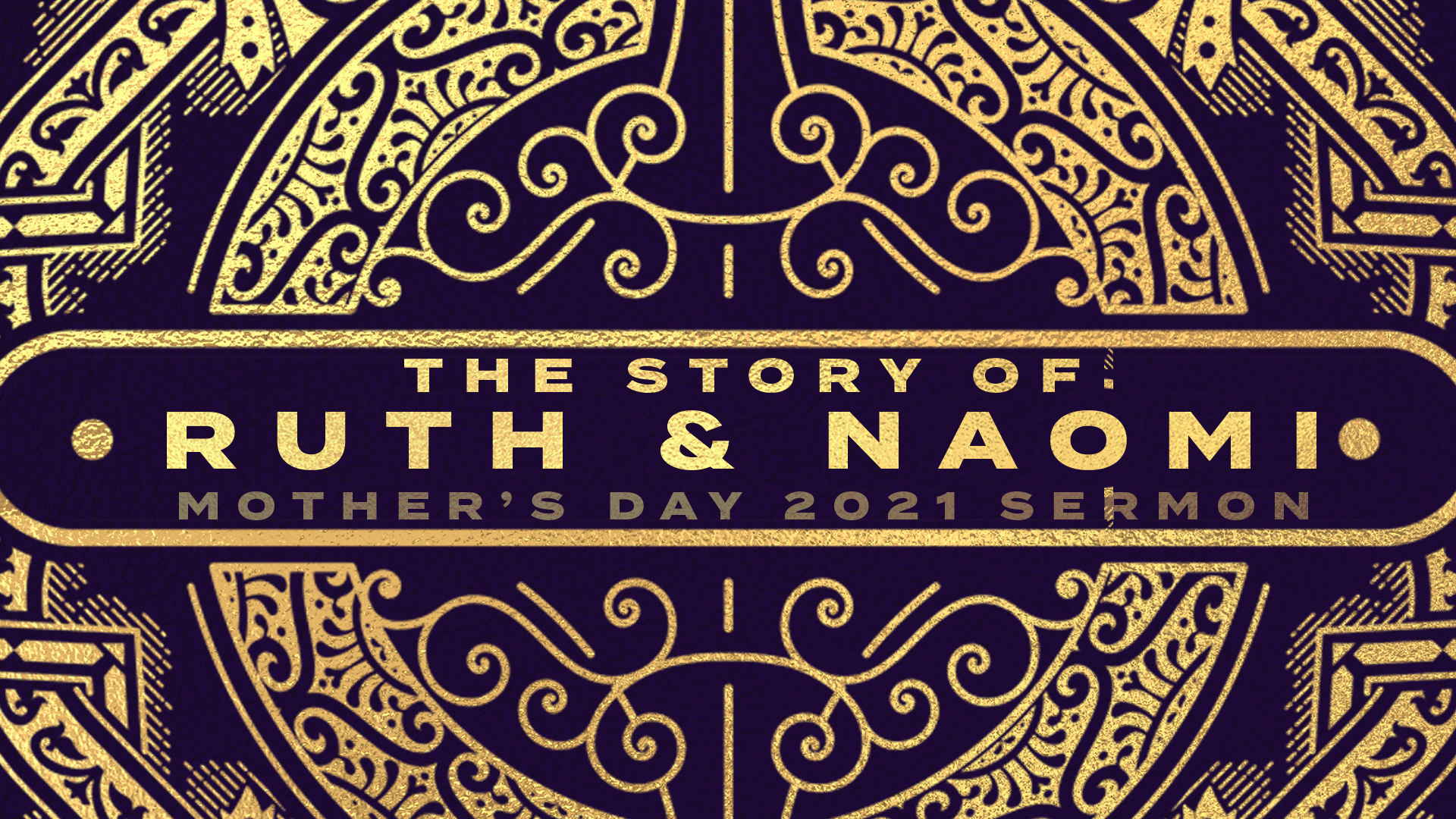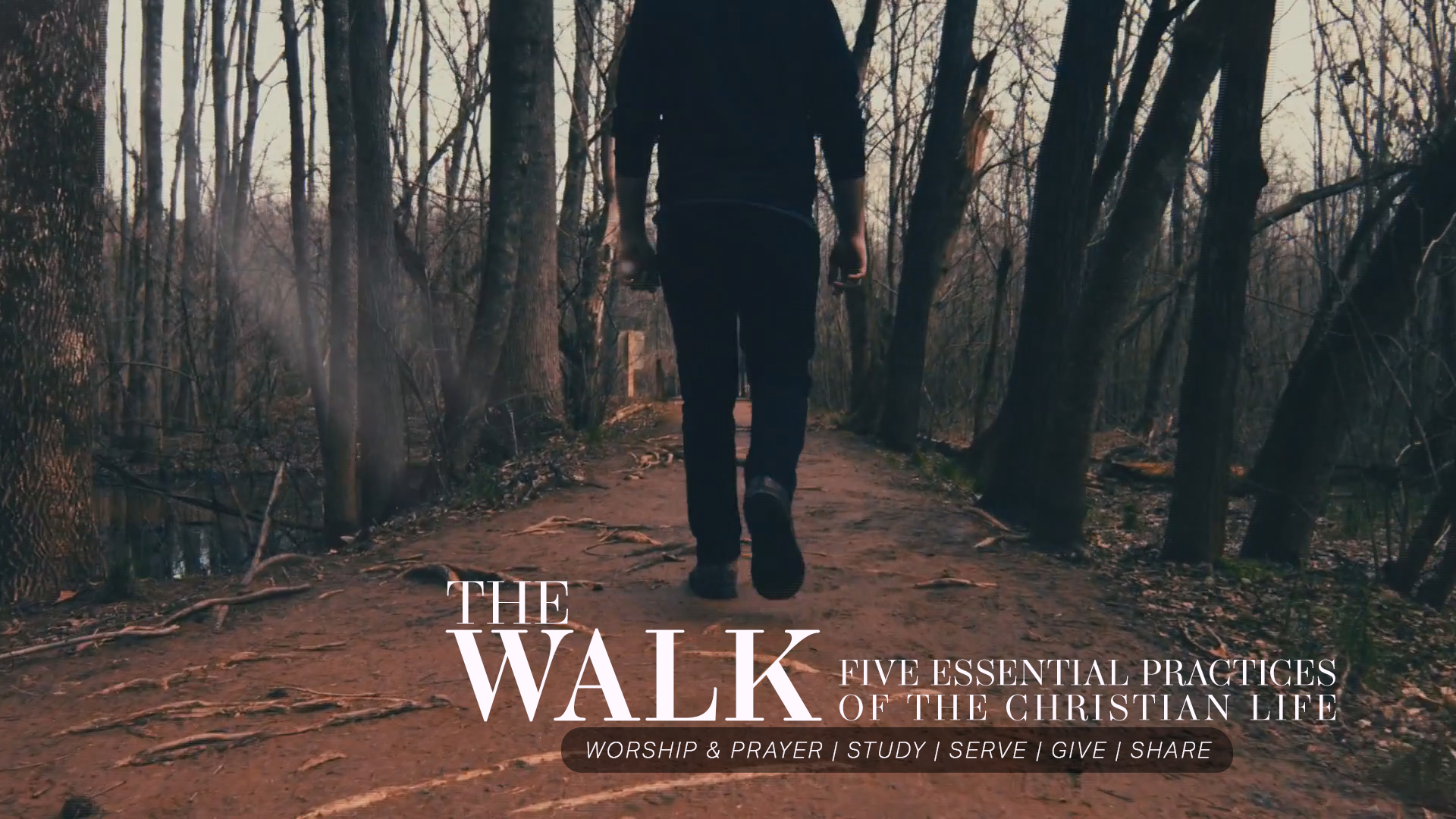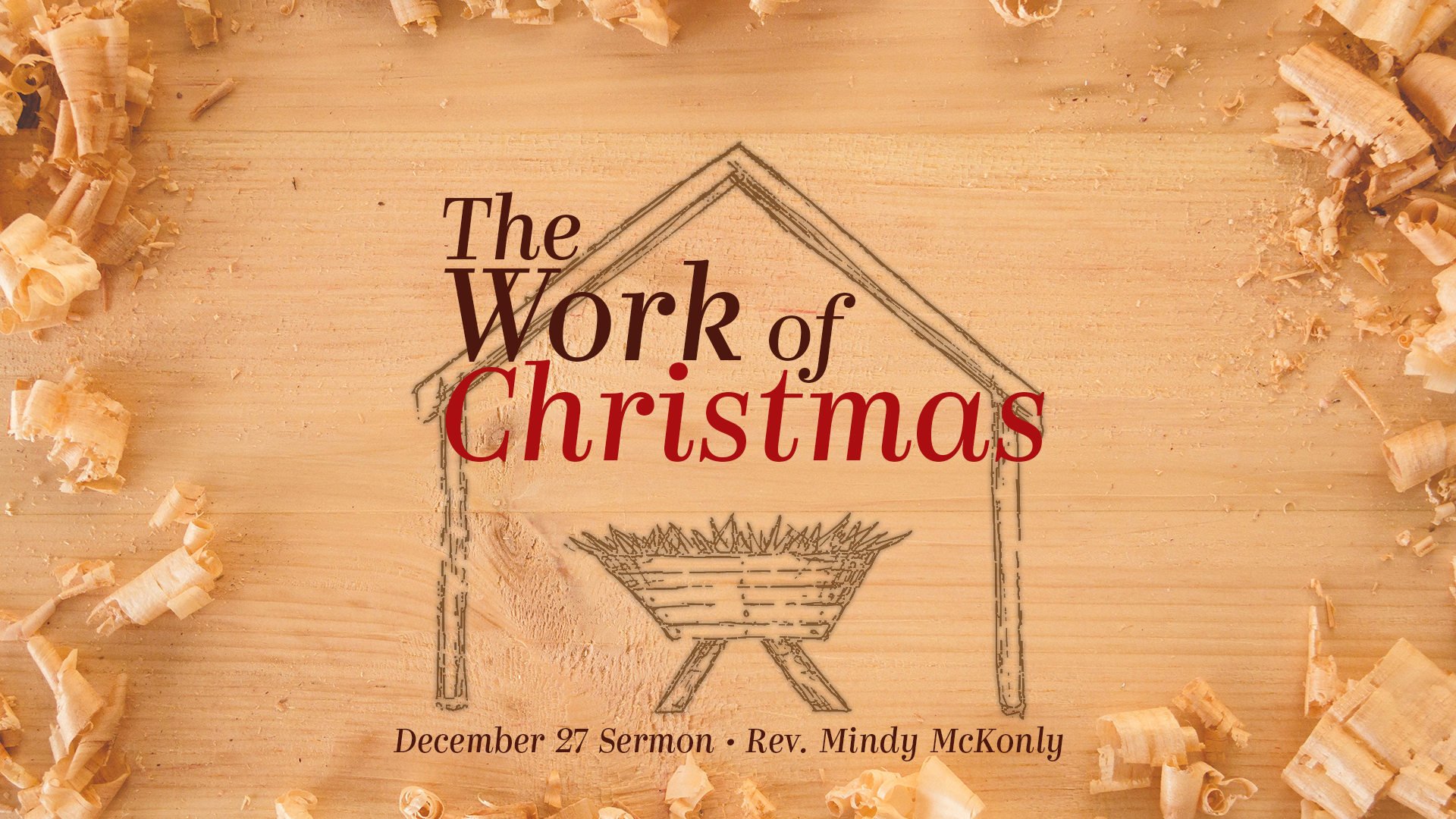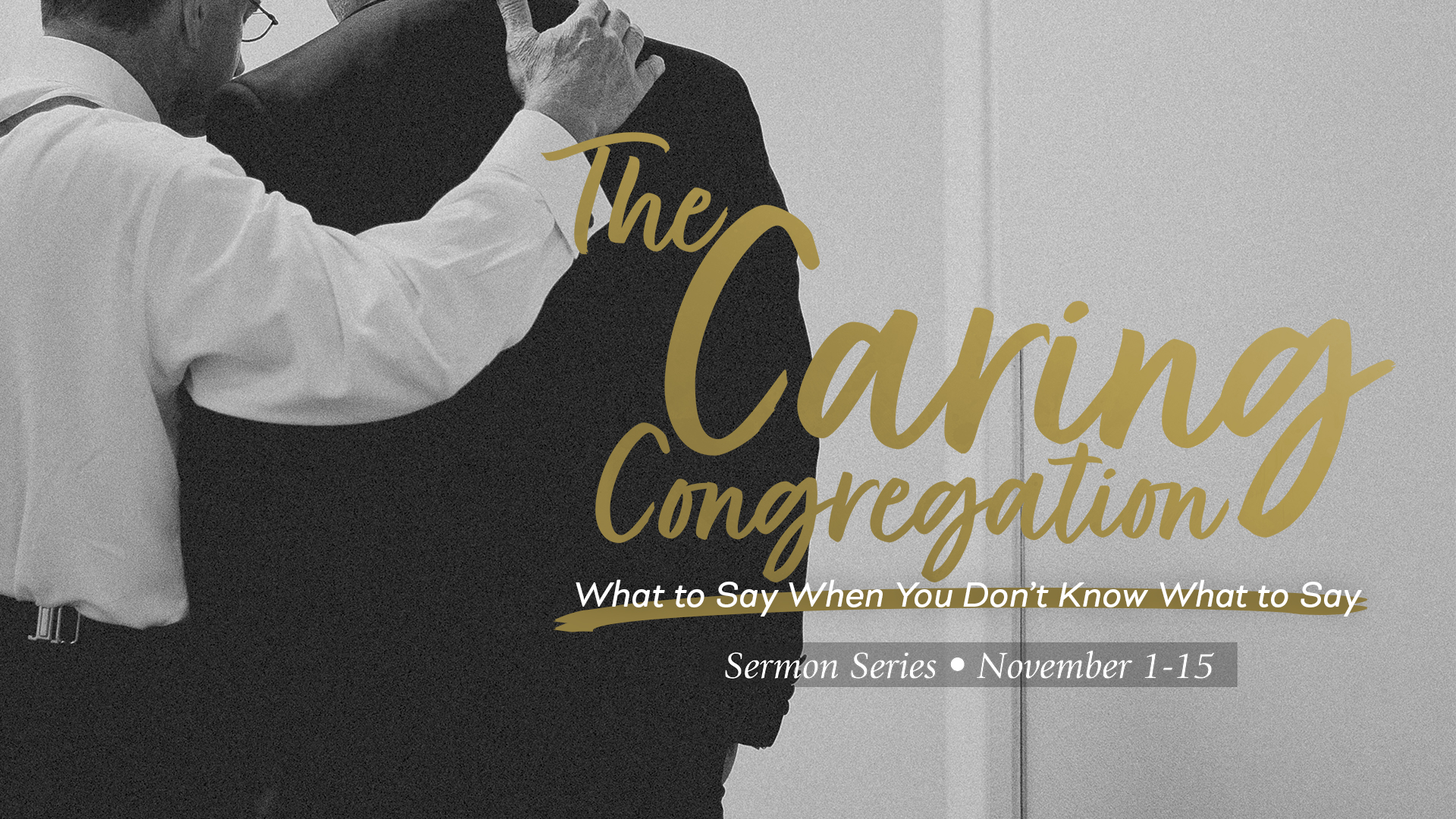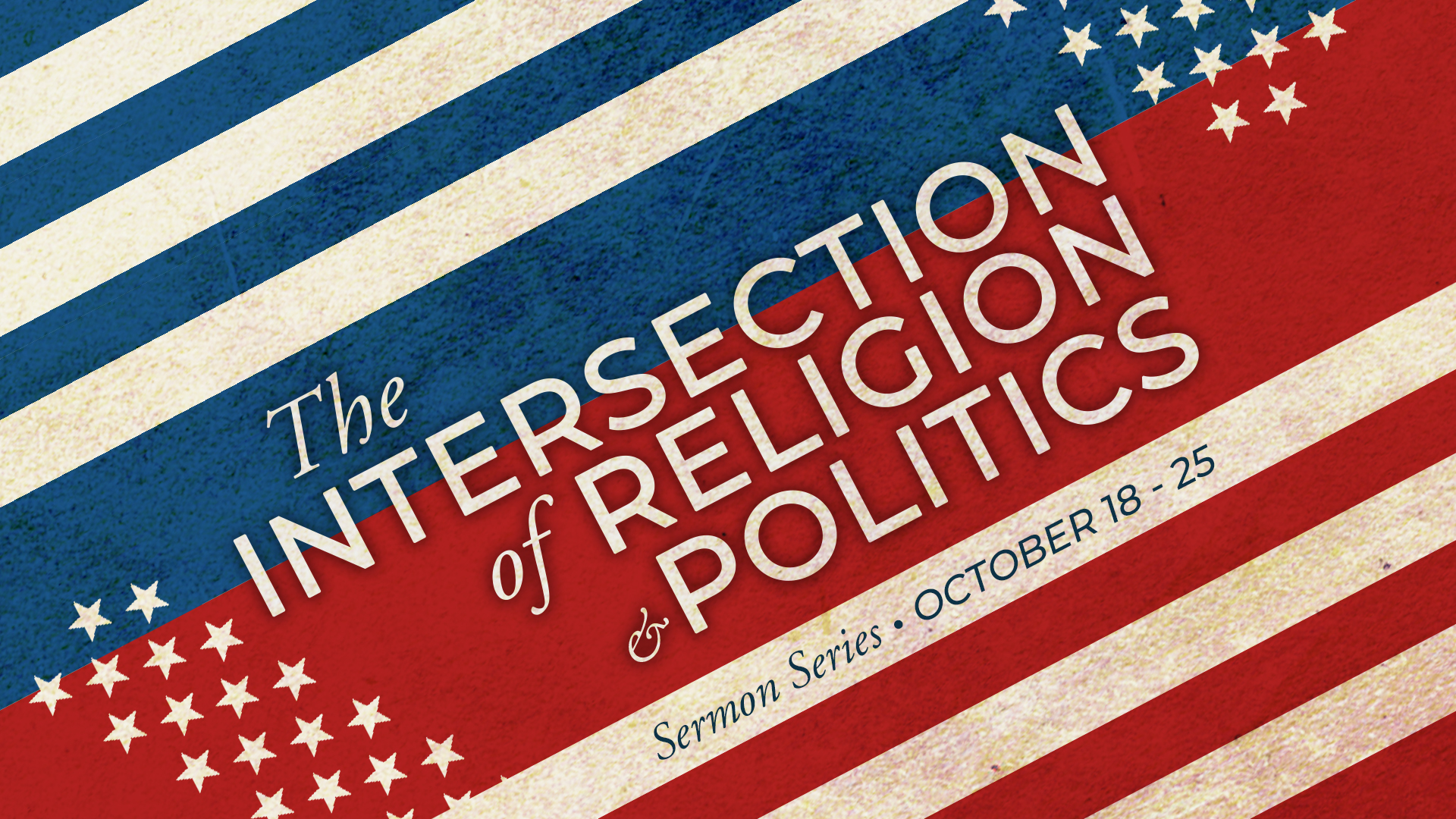
This summer, the attention of the entire world turns to Tokyo as our greatest athletes gather to compete in the 2021 Olympic Games. For these athletes, journeys filled with years of dedication, training and perseverance bring them to the glory of Olympic competition.
The scriptures are filled with Olympic terms and metaphors urging us to use the commitment of an athlete to be what God would have us to be. Join us at Asbury this summer for a fun sermon series offering coaching and lessons from ancient and modern Olympic athletes for our journeys of faith.
August 1, 2021 // Training for the Games // 1 Corinthians 9:24-27
Going to the Olympics requires intense training and focus. As followers of Christ we are called to work hard on our spiritual growth. Prayer, worship, fasting, small groups, spiritual conversations, reading and discussing books on the spiritual life strengthen us and help us to see the ideal we strive towards. The ordinances or spiritual disciplines are to us spiritually what exercise is to us physically. Pursuing them requires time and energy, but just as you begin to feel stronger and better when you exercise, you find your soul lifted up, your spiritual strength increasing, as you practice these things.
August 8, 2021 // The Thrill of Victory, The Agony of Defeat // Hebrews 12:1-2
Most of the media attention during the Olympics focuses on the greatest athletes who are winning medals. But there are many more athletes who do not win medals. What happens when those athlete’s dreams don’t come true? What lessons can we learn from them when our dreams don’t come true?
August 15, 2021 // The Power of the Team // Hebrews 10:24-25
Various Olympic competitions are team sports. As Christians we are called to be part of a team. To be a Christian is to be connected with others, to be in relationship. Jesus did not simply call us to love God, but also to love our neighbor. He started a church to be a place where believers would encourage one another, “provoke” and challenge one another to good deeds, and bear one another’s burdens. That’s what it means to be a part of a team.








